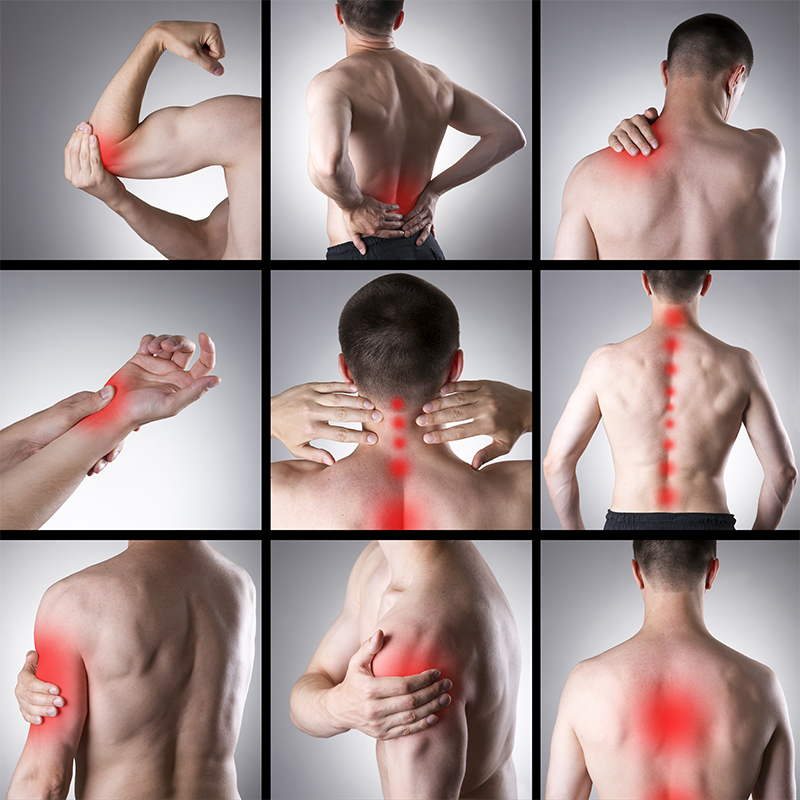


Chronic pain is a complex and debilitating condition affecting millions worldwide. While conventional treatments offer relief for some, others seek alternative approaches like acupuncture, rooted in Traditional Chinese Medicine (TCM) principles. Let's delve into how acupuncture harnesses ancient wisdom to alleviate chronic pain effectively.
TCM views pain as a manifestation of imbalances in the body's energy flow, known as Qi. Acupuncture aims to restore harmony by stimulating specific points along meridians, channels through which Qi flows. By inserting thin needles at these points, acupuncture regulates Qi, promotes circulation, and alleviates blockages contributing to pain.
Scientific research supports acupuncture's efficacy in chronic pain management. Studies have shown that acupuncture triggers the release of endorphins, the body's natural pain-relieving chemicals. Additionally, it modulates the activity of neurotransmitters involved in pain perception, such as serotonin and gamma-aminobutyric acid (GABA). This dual mechanism not only reduces pain intensity but also improves mood and enhances overall well-being.
Moreover, acupuncture addresses the underlying factors contributing to chronic pain, such as inflammation and muscle tension. By promoting relaxation and reducing inflammation, acupuncture helps alleviate pain symptoms while addressing their root causes.
Unlike conventional treatments that may carry risks of dependency or side effects, acupuncture is non-invasive and well-tolerated. Its holistic approach considers the interconnectedness of physical, emotional, and energetic aspects of pain, offering comprehensive relief.
In conclusion, acupuncture therapy, guided by TCM principles, offers a safe, effective, and holistic approach to chronic pain management. By restoring balance, promoting natural healing mechanisms, and addressing underlying imbalances, acupuncture empowers individuals to reclaim their lives from the grip of chronic pain.
Dr Gurudatta H K, BNYS, FCRSW, Founder, Anandamaya Wellness Center